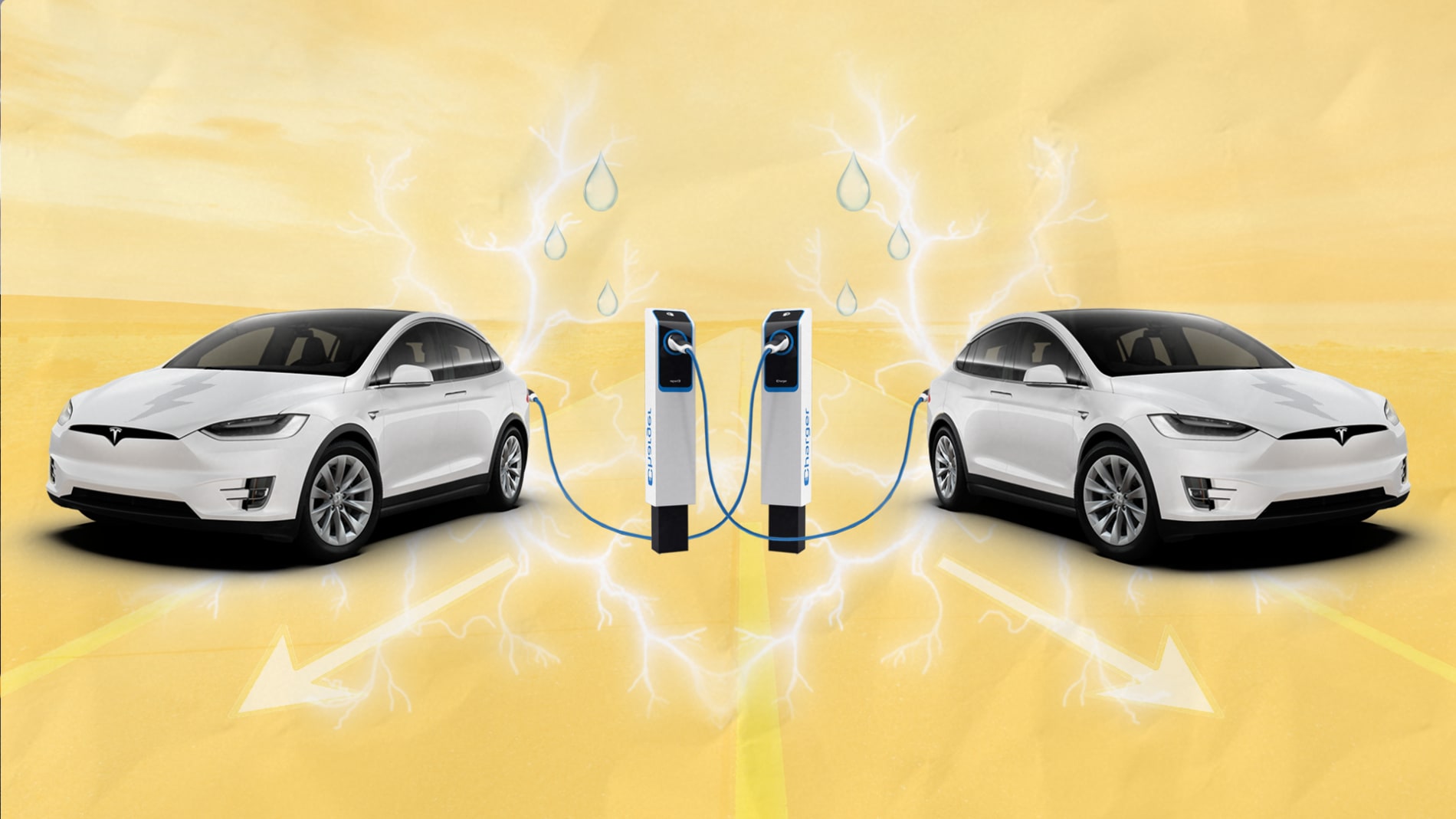
Read the Charter of Independence here.
BY SOHANI GOONETILLAKE
In a speech to the Business Council of Australia, the Morrison government has claimed to be committed to achieving net-zero emissions through “the best technology”.
"The key to meeting our climate change ambitions is the commercialisation of low emissions technology," Prime Minister Scott Morrison said.
However, according to climate change experts and the Electric Vehicle Council, the government has not done enough to invest in electric vehicle (EV) technologies.
Alison Reeve, the Climate Change and Energy Deputy Program Director at Grattan Institute, said Mr Morrison’s climate change rhetoric lacks policies to reduce carbon emissions from transport.
“Australia is not on track for net-zero, and urgently needs good policies to push its emissions down,” she said in a podcast.
“The best way to cut transport emissions is to supercharge the switch to electric cars."
Transport is a growing component of Australia’s emissions profile and is its second-largest greenhouse gas emitter.
Prior to COVID-19 restrictions on movement, transport emissions in the country had risen 62 per cent since 1990, which is the largest percentage increase of any sector.

According to the Climate Council's 'Transport Emissions' factsheet, the uptake of electric vehicles is limited by a lack of policy support.
Compared to petrol cars, EVs produce less carbon dioxide emissions in the vast majority of the world.
Policy manager at the Electric Vehicle Council, Alexandra Kelly said Australia had long been lagging behind when it came to fuel efficiency standards.
“The lack of support for the automotive industry has existed in Australia for a long time,” she said.
“Fuel efficiency standards is a regulatory policy driver which has had a significant impact on electric vehicle uptake in other markets.”
Compared to Australia where EVs make up only 0.75 per cent of new car sales, sales in other regions are soaring.
EVs make up 10 per cent of new car sales in the EU market, and in 2020, more than 2 million EVs were recorded on the road.
Fuel efficiency standards currently exist in the EU and car manufacturers are fined according to the average emissions of all the cars they sell.
Countries such as the USA and Canada are also offering substantial tax subsidies and financial incentives to make EVs more affordable.
If similar mechanisms were implemented in Australia, this would encourage car manufacturers to ship EVs to Australia to offset the emissions of their CO2 emitting cars.
Although a survey conducted by RACV suggests Australians are interested in buying EVs, the majority of the models available in Europe are not supplied to Australia.
Despite the demand for EVs, the top-selling EV manufacturer in Europe, Volkswagen did not ship any EVs to Australia in 2020.
Volkswagen said the supply shortage of EVs in Australia would be resolved once the government introduces fuel efficiency standards with fines.

However, Federal Energy and Emissions Reduction Minister Angus Taylor argued that EVs were not worth subsidising because it would “cost up to $747 per tonne of carbon dioxide”.
This is in spite of research by the Australian Institute which shows his estimates were misleading and do not take into account the fuel and maintenance savings of an EV long term.